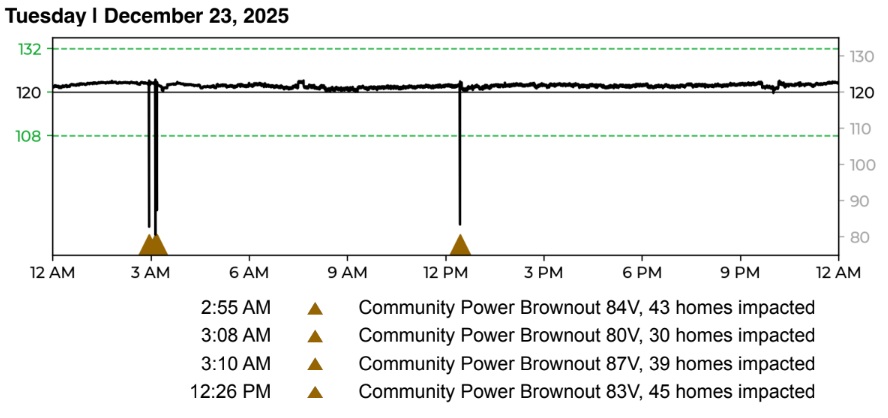Voting on police reform measures by the Greenbelt City Council stalled on Monday, November 22 due to issues with the resolution’s wording. The wording was developed by Greenbelt Police Chief Richard Bowers and Assistant City Manager Timothy George, based on the language agreed upon at the November 15 worksession.
Bowers explained that the intent was to streamline the language to make it read more like a resolution and not to change the meaning. Yet, while most of the resolution was deemed acceptable, council felt that several clauses lacked vital information that was painstakingly conceived at the worksession. Council voted to table the vote to the next meeting and to devote time at the December 1 worksession to rework the language, as well as further discuss reforms that had remained unresolved on November 15.
Frustration was the emotional consensus among council, as much effort and time had gone into the matter, along with a desire to vote the reforms into the Greenbelt Police Department’s General Orders. Yet, council preferred a unanimous vote on the measures, something that seemed unlikely with the dissatisfaction with several items on the resolution.
A major object of discussion was no-knock warrants. Bowers stated that the department does not have the ability to execute these, lacking an Emergency Service Team. Only the county and state have the authority and can perform them in Greenbelt if legally authorized.
Most of council deemed these warrants to be used only in an extreme case, such as an instance where the saving of a life is involved. Councilmembers Colin Byrd and Rodney Roberts felt that even the county should ban their use, yet expressed that it was unlikely for that to ever happen. Roberts wanted the county to at least notify the city when this type of warrant would be performed within city limits.
Councilmember Ric Gordon introduced an amendment to the resolution that would “modify the General Orders to remove the use of no-knock warrants by Greenbelt Police” and requiring the use of a specialist from county, state or federal law enforcement. In a separate interview, he stated that his intent was “to help preserve the life of our officers and residents,” as severe mistakes by the county have already occurred, and to relieve the city from any financial burden due to damages.
Mayor Emmett Jordan hoped that future worksessions would produce more meaningful results, with regular meetings devoted solely to voting and ratifying their conclusions.



